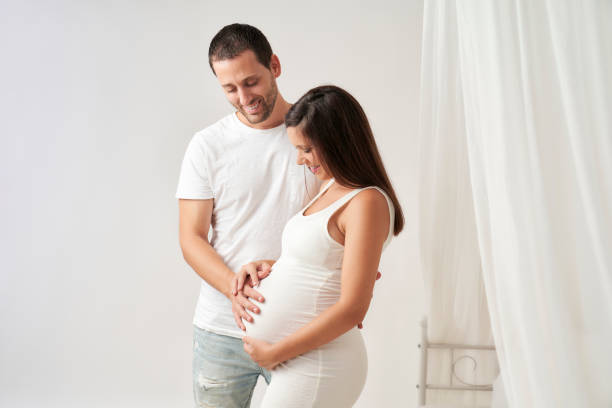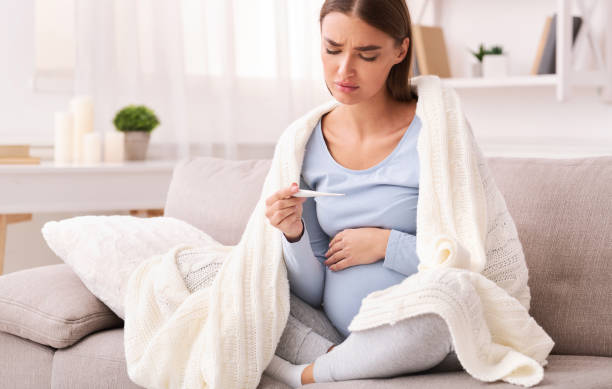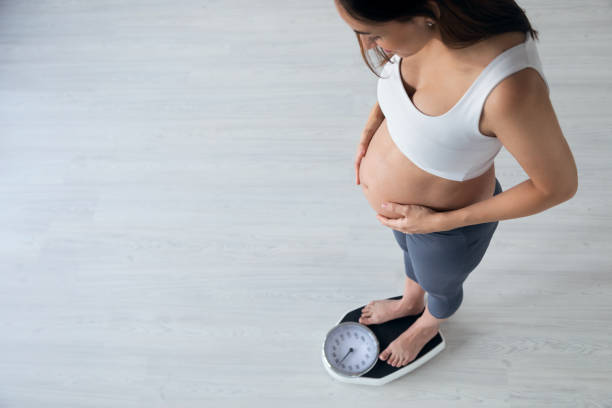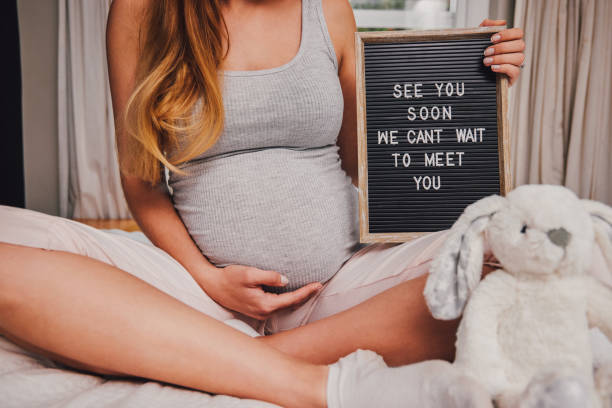Do you think you might be pregnant? Then you must be wondering what the signs of pregnancy are. The most common and earliest sign of pregnancy is a missed period. Still, during pregnancy, the hormones in your body will change drastically, resulting in many other symptoms aside from a missed period.
However, every pregnancy is different, and your symptoms may be different as well; some women experience only a few symptoms, while some experience many symptoms. So, in this guide, we will explore all the common symptoms or signs of pregnancy to help you understand if you are pregnant or not.
What are Signs of Pregnancy

Here are 15 signs of pregnancy to look out for if you suspect you might be pregnant.
Missed Period
Missing a period is the first thing you will notice when you are pregnant because you only get your menstrual flow when your eggs are not fertilised. However, some people may still have light bleeding during this time, especially during the early stages of pregnancy, and in very rare cases, some people may be having their period as usual while they are pregnant.
If you usually have irregular periods, then when you miss more periods than usual, it may mean that you are pregnant, or you can look out for other signs as well.
Nausea and Vomiting
This is commonly referred to as morning sickness; it affects most pregnant women, and while some women only experience nausea and vomiting in the morning, some experience it throughout the day. Some may even feel physically sick during the first trimester. These signs may also be accompanied by hypersalivation and loss of appetite.

Morning sickness usually begins in the fourth to sixth week and ends in week 12, but it can continue for longer in some women and may return later at around 32 weeks.
Bloating
The hormonal changes during pregnancy can slow your digestive system and cause bloating; you may also feel constipated and blocked.
Fatigue
Excessive tiredness and exhaustion are common during pregnancy, especially during the first trimester. This is because the body produces a lot of progesterone during this time to maintain the pregnancy and prepare it for implantation. This hormone helps the baby grow but slows your metabolism and makes you tired; it will be best if you get a lot of sleep and rest during this period.
Breast Tenderness and Enlargement
During pregnancy, your breasts will become fuller, tender and swollen, just as they might be before your period. Your nipples may feel sore and appear darker, and they may tingle and stand out. The veins in your breast may also become prominent.
Cramping and Spotting
Some of the signs of pregnancy some people do not expect are cramping and bleeding; it may feel like you are getting your period, but you are not. It is just due to the fertilised egg attaching itself to the uterus during implantation; this will make you notice some spotting called implantation bleeding and sometimes cramps. However, this bleeding is usually minimal, and the cramps are light; if they become heavy and severe, you should see a doctor.
Temperature
Some pregnant women experience increased basal body temperature, and their core temperature may increase more often with hot weather or exercise. During this time, drink plenty of water and be careful with your exercise routine.

Strange Cravings, Smell and Taste
During pregnancy, you may start to dislike foods and drinks you used to enjoy, and you may begin to enjoy things you wouldn’t usually like to eat or drink. You may also notice:
- Cravings for strange foods.
- A metallic taste in your mouth.
- Sensitivity to the smell of food and cooking.
More Frequent Urination
One of the signs of pregnancy is frequent urination. Your body increases the amount of blood it pumps through your blood vessels, which causes your kidneys to process more fluid than usual, leading to more urine in your bladder. Hormones also help keep the kidneys and bladder healthy, and the uterus may press against the bladder, so during pregnancy, it is expected to run to the bathroom more frequently, or you might accidentally leak.
Mood Swings
During pregnancy, your hormones, such as estrogen and progesterone, increase and make you more emotional and sometimes overreactive. You may start to feel feelings of:
- Anxiety.
- Depression.
- Irritability.
- Euphoria.
Heartburn
Some hormonal changes during pregnancy can cause the oesophageal sphincter (the valve between the stomach and the oesophagus) to relax. Then, stomach acid will move into the oesophagus and cause heartburn. Eating smaller meals and sitting upright for at least 2 hours after eating will help you control this symptom. If you need to take antacids, consult your healthcare provider first.
Weight Gain
Weight gain is also one of the common signs of pregnancy; it usually begins at the end of your first trimester, and it may continue till childbirth. Some people gain weight faster than others, while some may not gain any weight at all, so it depends on your body system.

Skin Changes
Many pregnant women experience skin changes, usually glowing skin, which is a result of increased hormone levels and an increased volume of blood pushing through their vessels. It causes the oil glands to work overtime and gives the skin a glossy and flushed appearance. On the other hand, some women may also develop acne from this.
Blood Pressure
During the early stages of pregnancy, your blood pressure may become low, and this will cause you to feel dizzy since your blood vessels are dilated.
However, high blood pressure, on the other usually indicates an underlying condition that is triggered by pregnancy. It is difficult to tell whether hypertension is due to pregnancy or not. Still, throughout your pregnancy, your blood pressure will be strictly monitored to quickly detect any changes that can cause you harm.
Heart Rate
Palpitations and arrhythmias are also very common signs of pregnancy; during the 8th to 10th weeks, your heart may begin to pump faster and harder. This is due to hormones that increase your blood flow as high as 50%, which adds more workload to your heart. So, if you have any underlying heart conditions, it is best to discuss it with your doctor as early as possible during your pregnancy.
See also: Can Ampiclox Prevent Pregnancy?
If you notice some of these signs of pregnancy, then you should do a test in a clinic or at home to confirm if you are pregnant. If it comes out positive, the first thing to do is to make an appointment with a medical professional as early as possible. They may do some additional examinations to be sure, and then they will guide you on what to do and what not to do as a pregnant woman.
Note that these signs may not necessarily mean that you are pregnant, and also, you may be pregnant and not notice these signs, so a pregnancy test is very important before you make your conclusions.



